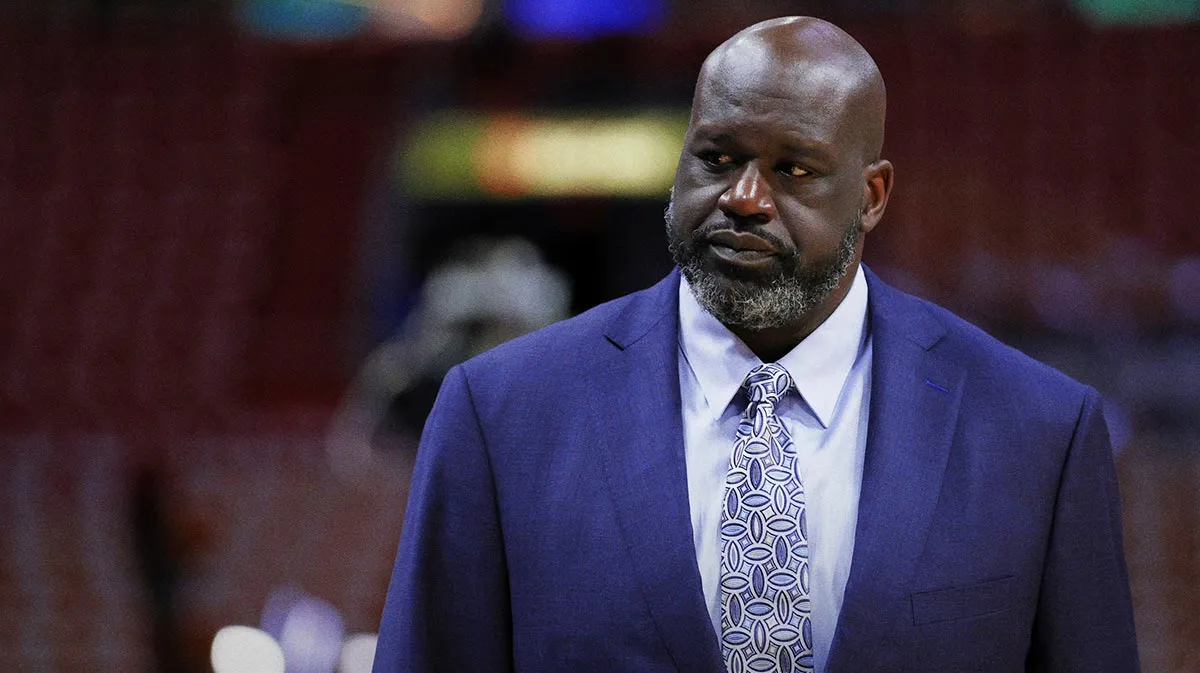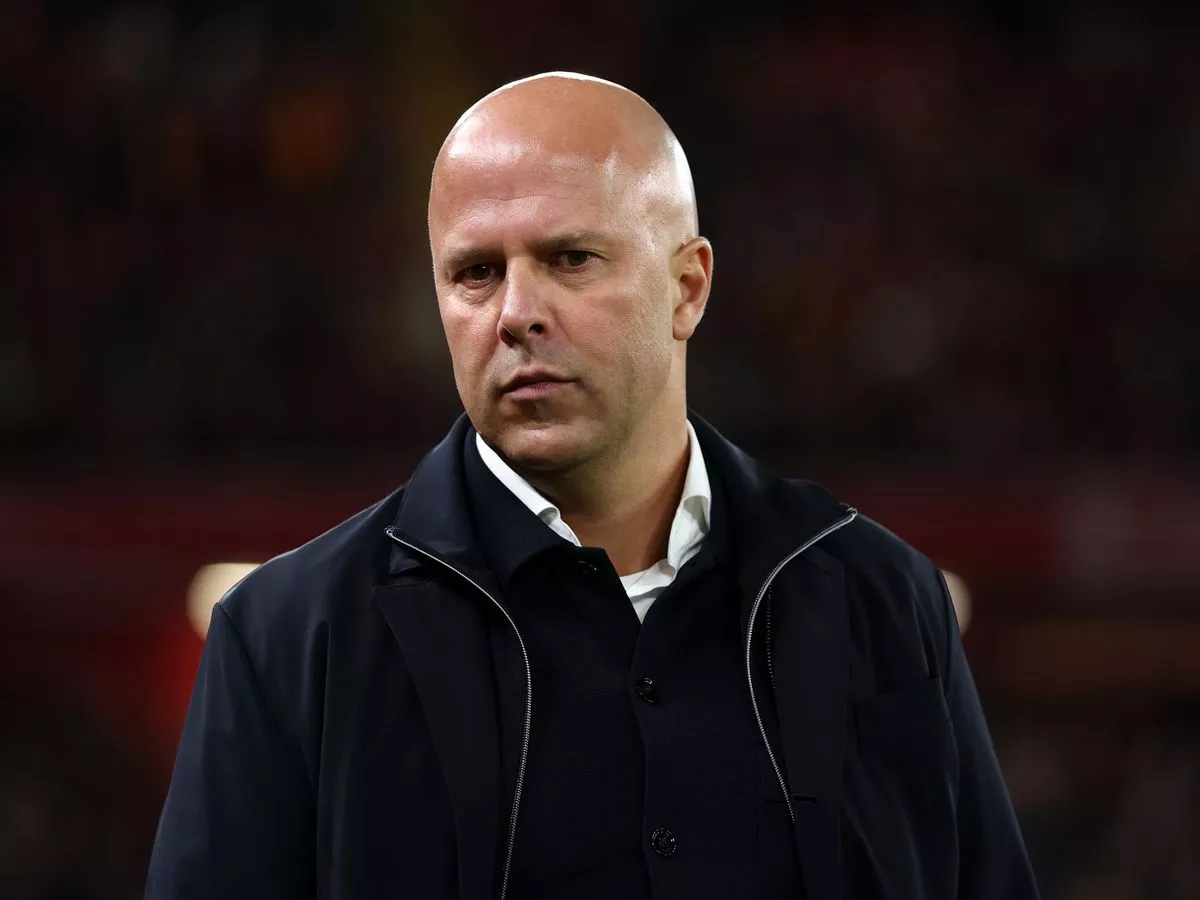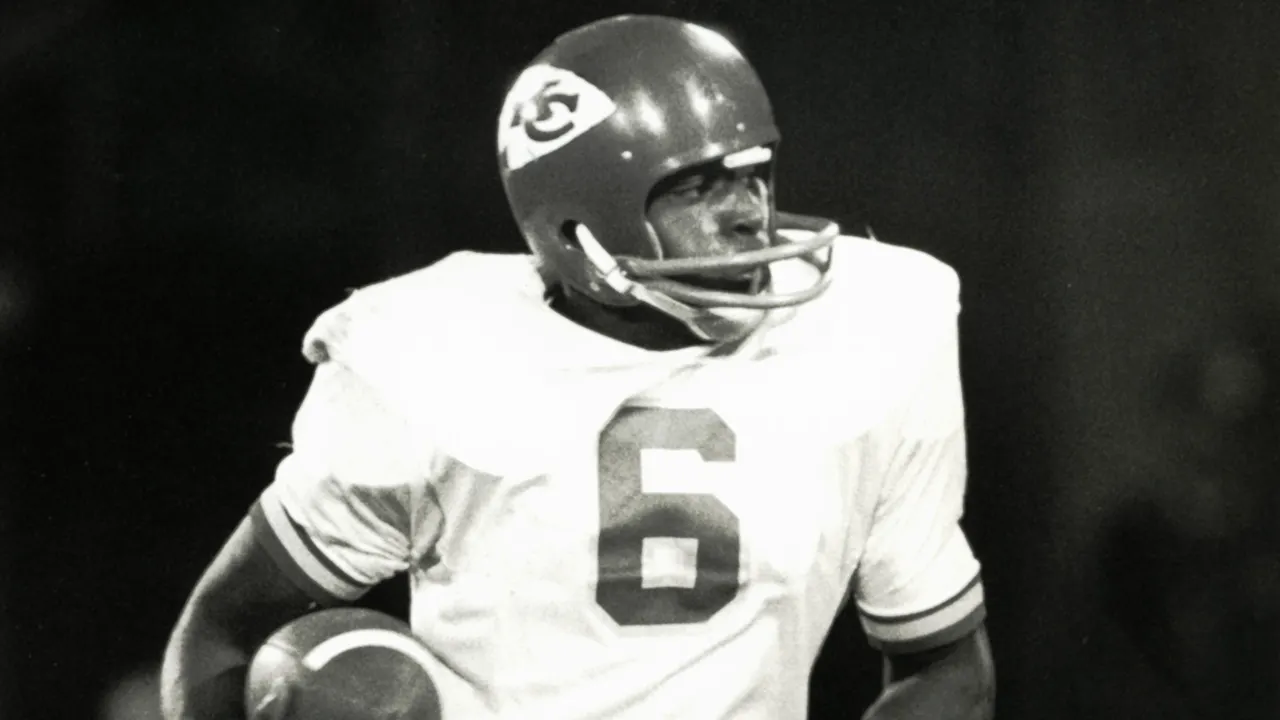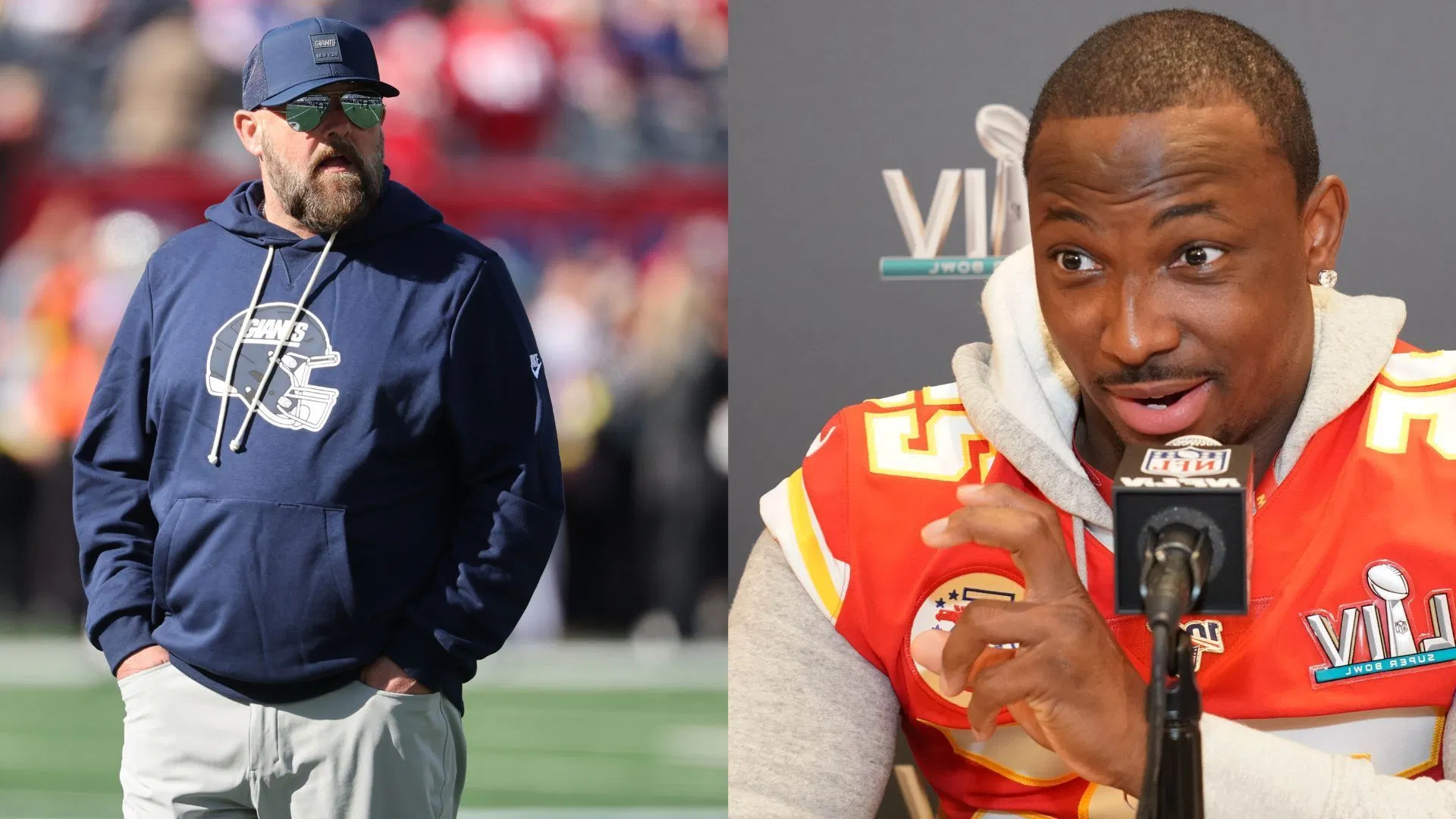Copyright Lewiston Morning Tribune
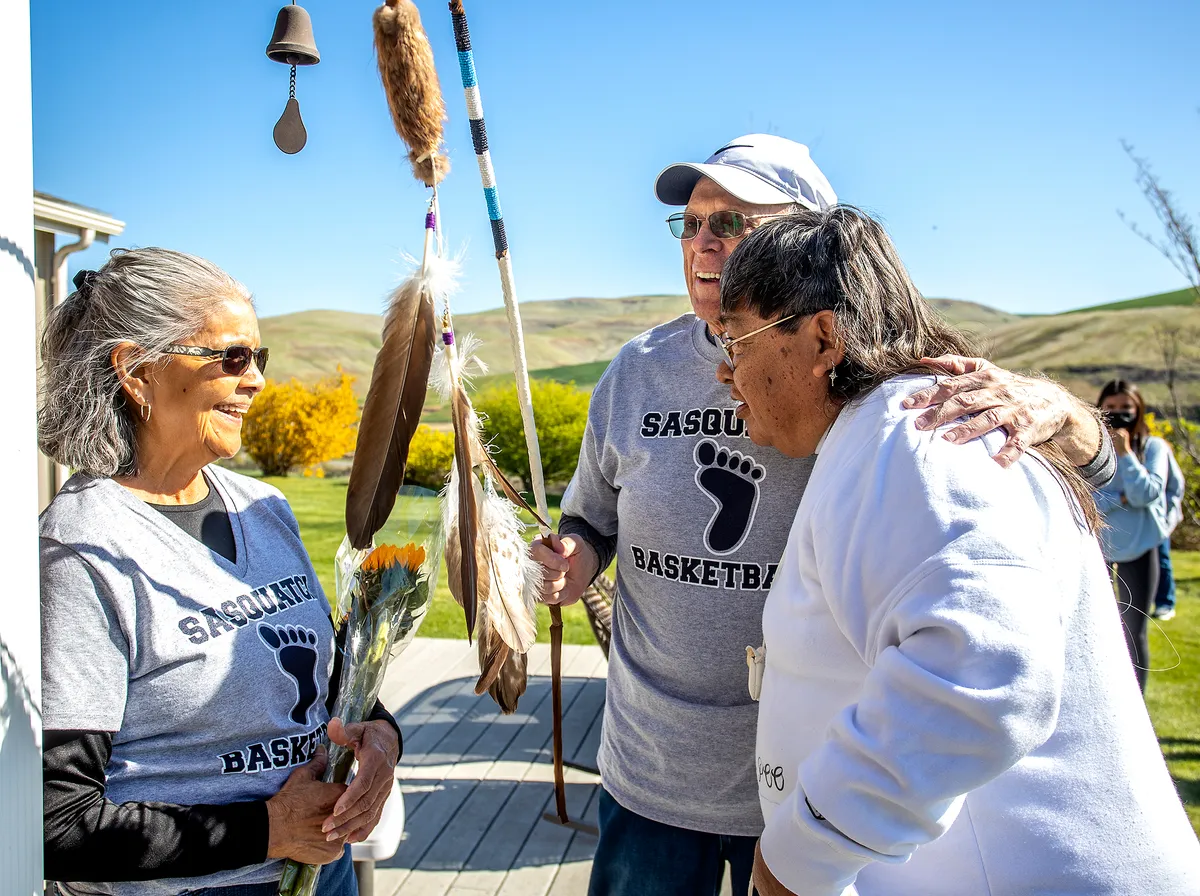
Three days before Lapwai educator, administrator and coach Bob Sobotta Sr. died at age 88 this week, he and family members gathered before the family TV and watched the Dodgers conjure a 5-4 win over the Blue Jays in Game 7 of the World Series. “Those Japanese pitchers,” he said of the Dodgers’ Yoshinobu Yamamoto, Roki Sasaki and Shohei Ohtani, “they’re so respectful. I just like that.” That’s a good memory for Bob Sobotta Jr., another educator and coach. His father’s career lacked nothing in substance. But form mattered to him — the tone of the message, the respect with which it was delivered, the quality of the game. “He rooted for the Mariners, but that was a good Series for him,” the younger Sobotta said. “That was good baseball.” For all his relish for multiple sports, it was Sobotta’s basketball skills that helped Lapwai High School to its first state small-school title in the sport in 1956, and it was his administrative instincts three decades later that led to an emphatic revival of the Wildcats’ fortunes. He died Tuesday night after a debilitating fall. He was taken by air ambulance to Kootenai Health in Coeur d’Alene, but injuries to his pelvis area, together with preexisting heart and pulmonary issues, precluded surgery. Over the decades, Bob and his wife Loretta, a Nez Perce Tribal member who survives him at 85, produced what could be called the first family of Lapwai basketball. Four of their six children — Bob Jr., Pat, Mike and Christa — played significant roles for Lapwai High basketball teams, and several of their grandchildren also pursued the game with distinction. If you include their extended family, particularly the descendants of Loretta’s seven siblings, the family’s impact on L-C Valley hoops has been enormous. Given Lapwai basketball’s deep-rooted ties to the Nez Perce Tribe, casual acquaintances have often assumed Sobotta had Native American blood. He didn’t. His father had grown up in Wisconsin and was of Polish Catholic descent. But Sobotta was born in Lapwai, and his parents were humble, people-loving merchants — his father a barber, his mother eventually the owner of a small Main Street cafe. Naturally, Sobotta immersed himself in tribal culture. “We even tried to get him a (tribal) ID card, because he played with us on our Indian (basketball) team,” lifelong friend Leroy Seth said in a phone interview this week. “We went down to the Walla Walla penitentiary and played a prison team — somehow they got that arranged because they were Apache guys. They were short but boy they could shoot. It was a close game. They were really glad to see us and we had a good time.” Seth was one of Sobotta’s teammates on Lapwai High’s state championship team in 1956. Decades later, as Lapwai school superintendent, Sobotta laid the groundwork for the program’s rejuvenation by hiring coaches who supplemented the boys’ flamboyant playing style with staunch fundamental skills. “Transformational,” Shannon Wheeler, chairperson of the Nez Perce Tribal Executive Committee, said of Sobotta’s role in Lapwai administration. “He grew up in Lapwai, he raised his family there, he understood as much as anybody else who we are.” From Wheeler’s perspective, many young tribal members languished for a period in the 1970s and early ’80s. “There were a lot of things within our community that weren’t great at the time,” Wheeler said. “Big parties in the Pi-Nee-Waus (Community Center) parking lot. There was vandalism at the old school. Windows would get broken out. A lot of kids that would maybe never do something like that would witness that and they’d try it. I remember the glass company came out there every Monday. “So he (Sobotta) put a fence around the school. The community was up in arms — he put up a 10-foot-high chain-link fence with barbed wire at the top. That stopped the window-breaking, for sure, and it just set a tone. He wanted to protect education, protect the students.” Beyond that, “he researched and brought out some coaches that I think had a philosophy and a discipline that the student-athletes needed at the time,” Wheeler said. “Darryl Moulton, Bryan Samuels, Coach (Bruce) Crossfield — that’s what started it. You see the powerhouse that Lapwai has become over 40 years.” Of the Wildcats’ 13 boys’ state banners, 12 have come since 1984, and two of those teams were coached by Bob Sobotta Jr. Of the 11 titles on the girls’ side, 10 have come since 1989. Sobotta Sr. wore countless hats over the years — coach, principal, Lapwai mayor, a game official in multiple sports, and several superintendent gigs, including one for a governing body, Idaho Catholic Schools. But his legacy is centered on community and family. “We’ve been talking a lot about community these last few days,” Sobotta Jr. said. Wheeler, who grew up next door to the Sobottas in Lapwai, remembers running into Bob Sr. a few years ago at the Idaho Center in Nampa, where the state boys’ basketball tournament is played. Feeling nostalgic, Sobotta recalled a time in the 1970s when Wheeler and several other boys cleaned up a junk-piled patch of the neighborhood and eventually turned it into a small baseball lot. “All you guys playing baseball, playing Wiffle ball, or just sitting outside talking,” Sobotta told Wheeler, “talking about the future, talking about a game, talking about the things we were going to do tomorrow. That was the best time of my life.” Wheeler was moved, to say the least. “I really enjoyed Bob in my life,” he said. “The inspiration, the leadership, the mentorship he’s provided to me, and the family he’s provided to share with us, is so important to my life and our community.” Grummert can be contacted at daleg@lmtribune or (208) 848-2275.
